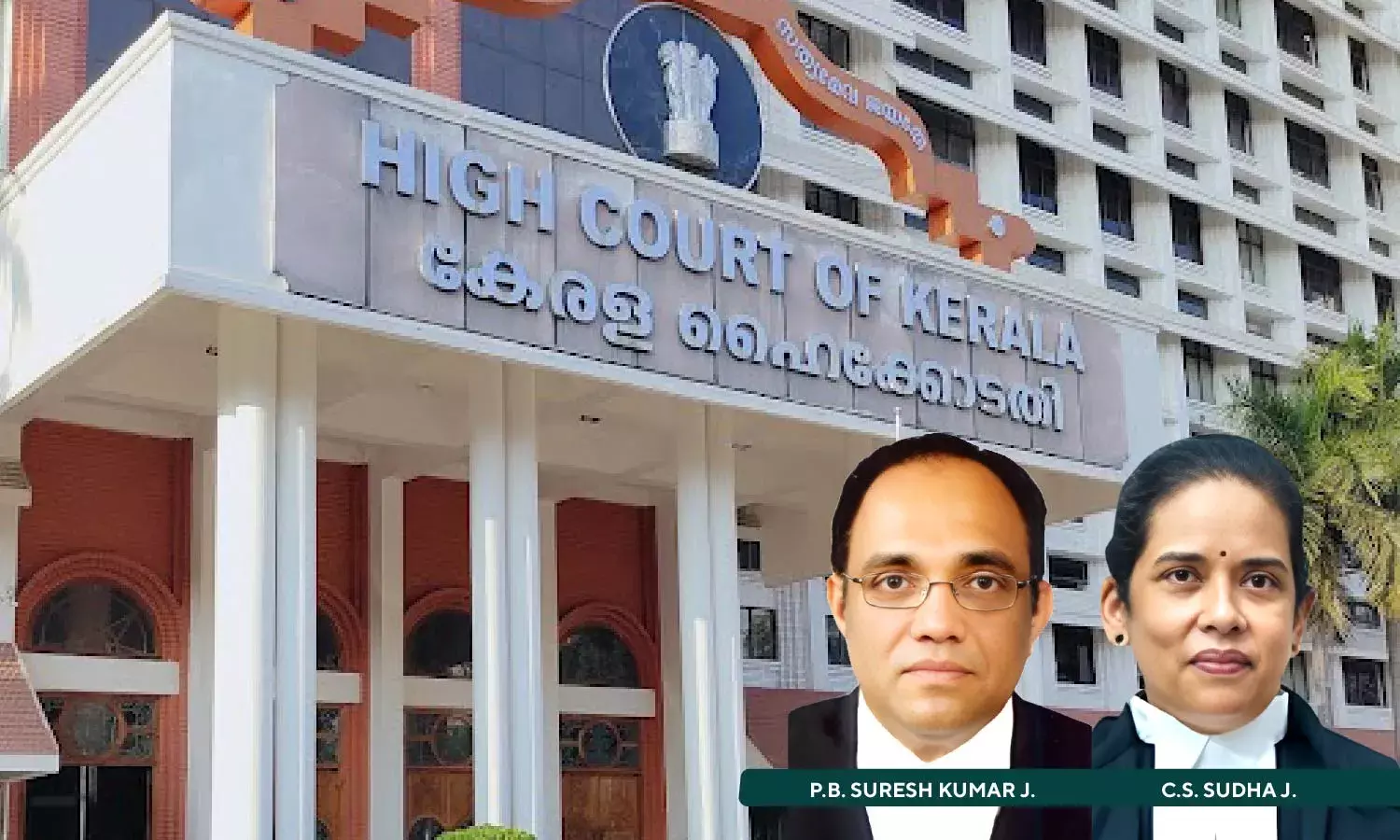Kerala HC Directs District Administrator To Entrust Custody Of Autistic Ward To Her Mother

The Kerala High Court disposed of a Writ Petition seeking directions to the District Administration (DA) and the Grama Panchayat (GP) to produce the Petitoner’s daughter before the Court and entrust her custody to the Petitioner. The Court noted that under the provisions of the National Trust for Welfare of Persons with Autism, Cerebral Palsy, Mental Retardation and Multiple Disabilities Act, 1999 (the Act), the rights of the parents of persons with disability to take care of their dependent children with disabilities, are not affected in any manner, if they are not otherwise disqualified.
The Division Bench headed by Justice P.B. Suresh Kumar comprising Justice C.S. Sudha observed, “We take this view also for the reason that the petitioner is none other than the mother of the ward and no one else can give to the ward all that a mother can give to her... In other words, the provisions of the Act do not affect in any manner, the rights of the parents of persons with disability to take care of their dependent children with disabilities, if they are not otherwise disqualified”.
Advocate R. Krishna Raj appeared for the Petitioner and Advocate General Santhosh P. Poduval appeared for the Respondents.
The Petitioner is the mother of an autistic ward. The husband obtained an order appointing him as the ward's guardian with Respondent no. 6 as her alternative guardian. The husband died, and the Petitioner was unaware of this until the people in the locality informed her. The matter was brought to the attention of the GP and DA, and they arranged for the stay of the ward in Respondent no. 5 /institution. The Petitioner then requested Respondent no. 5 to give custody of the ward to her, but Respondent no. 5 insisted that the Petitioner needed to obtain the concurrence of GP and DA, which was rejected.
The Court held that it is empowered to act as ‘parens patriae’ to meet the ends of justice and that the case on hand is an exceptional one. “The case on hand, according to us, is an exceptional case for invocation of the parens patriae, inasmuch as the jurisdiction of the court is sought in favour of a person who is not suffering from any disabilities, to take care of her autistic daughter, who would otherwise be at the mercy of others...The question remaining to be considered is whether this Court is empowered to entrust the custody of the ward to the petitioner in a proceedings of this nature. It is now trite that constitutional courts are also empowered to act as parens patriae to meet the ends of justice, though exercise of the said power is not without limitation, and the courts are empowered to invoke the parens patriae doctrine only in exceptional cases”, the Court noted.
Accordingly, the Court disposed of the Petition and directed the DA to hand over the custody of the ward to the Petitioner.
Cause Title: Santha Kumari v State of Kerala (2023:KER:38198)

